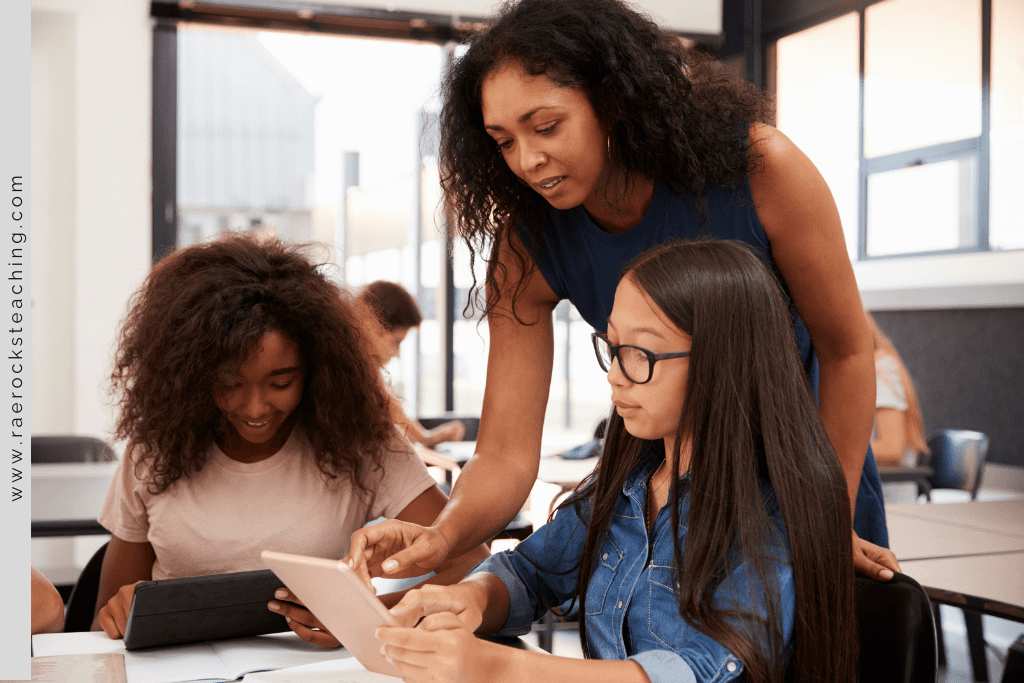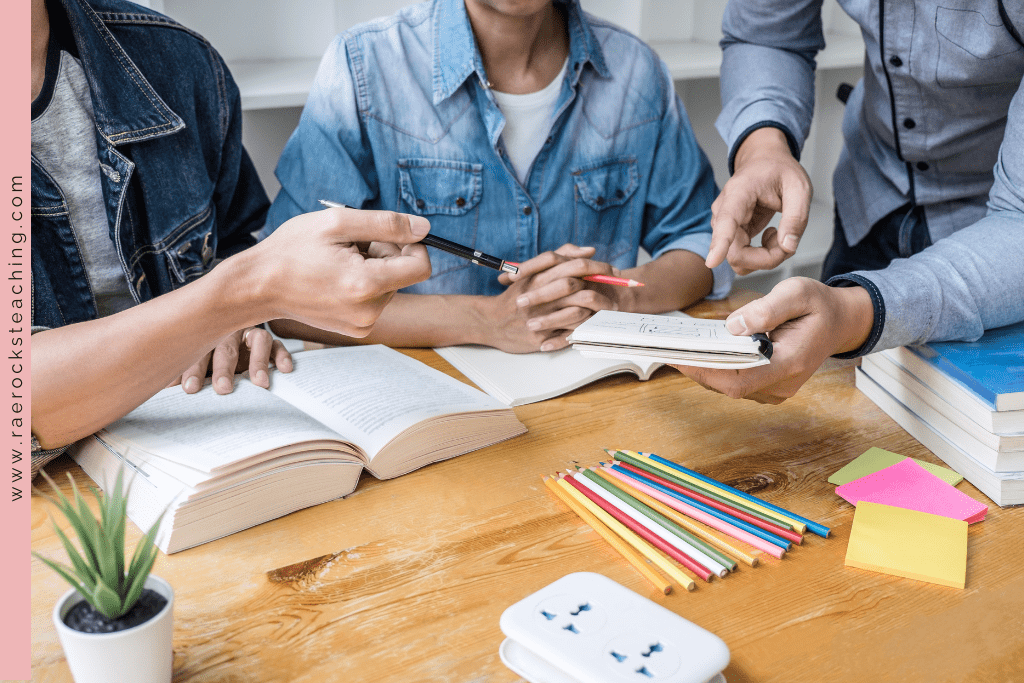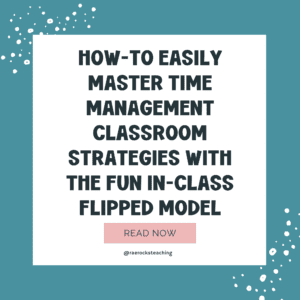As a teacher, I’ve always looked for ways to shake up the traditional classroom setting. That’s where the concept of the flipped classroom teaching comes in – it’s like taking the conventional classroom and giving it a good, healthy stir. Now, let’s talk about why customizing your approach to flipped classroom teaching is not just a cool idea, but a game-changer.
Looking for more ways to engage your lessons in class?
Personalized Learning Experience
This focuses on tailoring the flipped classroom to meet the diverse needs and interests of each student. It highlights the importance of recognizing and embracing the unique mix of learners in every class and moving away from the one-size-fits-all approach to create a more personal learning experience.

-
Save
- Every Class is a Unique Mix – Embrace It!
Let’s start with the obvious: no two classes are the same. In a flipped classroom, what happens is that you’re flipping the script – literally. Students engage with the lesson material at home, and then apply what they’ve learned in class. This is your chance to tailor your lessons to the specific mix of students you have. Think about it, a class full of visual learners? Infuse more videos and infographics into your pre-class materials. Got a bunch of future scientists? Focus on practical experiments during class.
- Say Goodbye to One-Size-Fits-All
The beauty of flipped classroom teaching is that it’s the antithesis of one-size-fits-all education. By customizing your approach, you can provide materials that cater to different learning styles. Some students might benefit from podcasts or audiobooks, while others might prefer reading or interactive activities. This versatility is not just a fancy add-on; it’s a necessity for reaching every student effectively.
- Making Learning Personal
When you customize your approach, you make learning personal. By connecting lessons to students’ interests and experiences, you’re not just teaching a subject; you’re teaching individuals. This personal touch can make a massive difference in how students engage with the material.
Leveraging Technology and Collaboration
Here, the emphasis is on using technology to enhance learning and facilitate better feedback and collaboration. It explores how technology can make learning more interactive and how feedback and collaboration play crucial roles in the flipped classroom model.

-
Save
- Harness the Power of Technology
Let’s face it, we live in a tech-driven world. Customizing your flipped classroom means you get to use technology to its full potential. From educational apps to online quizzes, technology can make learning interactive and fun. Plus, it provides invaluable data to help you understand how each student is performing and where they might need extra help.
- Feedback is Your Friend
In the flipped classroom, a twist on teaching is that feedback becomes a two-way street. As students engage more actively in class, you get real-time feedback on their understanding. This means you can quickly adjust your teaching strategies to address any issues. It’s like having a conversation rather than delivering a monologue.
- Collaboration is Key
Customizing your flipped classroom encourages collaboration – not just among students, but between you and your students as well. By involving them in the creation of class materials or choosing topics, you’re fostering a sense of ownership and responsibility in their learning process. This collaboration can lead to more engaged and motivated students.
Enhancing Learning Through Practical Application
Here we delve into the practical aspects of flipped classroom teaching. It emphasizes the importance of applying learned concepts, the flexibility of pacing and content based on student needs, and the continuous process of adapting and improving teaching methods for maximum effectiveness.

-
Save
- Focus on the Application, Not Just Theory
In traditional teaching, there’s a lot of focus on theory. Flip that around, and you get the flipped classroom. Here, the focus shifts to applying what’s been learned. This practical approach not only reinforces learning but also helps students develop critical thinking and problem-solving skills.
- Flexibility for the Win
One of the greatest perks of customizing your flipped classroom is flexibility. You can adjust the pace of the class based on your students’ needs. If they’re struggling with a concept, slow down. If they’re breezing through, ramp it up. This flexibility ensures that you’re meeting students where they are, not where a standardized curriculum says they should be.
- Continuous Improvement is the Name of the Game
Finally, customizing your flipped classroom isn’t a set-it-and-forget-it deal. It’s about continuous improvement. Reflect on what’s working and what’s not, and be open to tweaking your approach. This mindset keeps your teaching fresh and effective.
So, to wrap up…
Flipped classroom teaching is more than just a buzzword; it’s a dynamic approach that, when customized, can significantly enhance the learning experience. It’s about acknowledging that each class is unique, leveraging technology, fostering collaboration, and focusing on practical application. By personalizing your approach, you’re not just teaching; you’re equipping students with the tools to succeed in an ever-changing world.
Don’t forget to Sign up for the FREE GUIDE | Flip & Thrive: Your 5-Step Quickstart Guide to a More Engaging Classroom

-
Save
I love sharing helpful content with y’all and would love to connect on IG or Facebook. I’m on TikTok too! Follow me and send me a DM with what you need more of because I’m here to help! If you are looking for even more inspiration, find me on Pinterest!
Share via:








